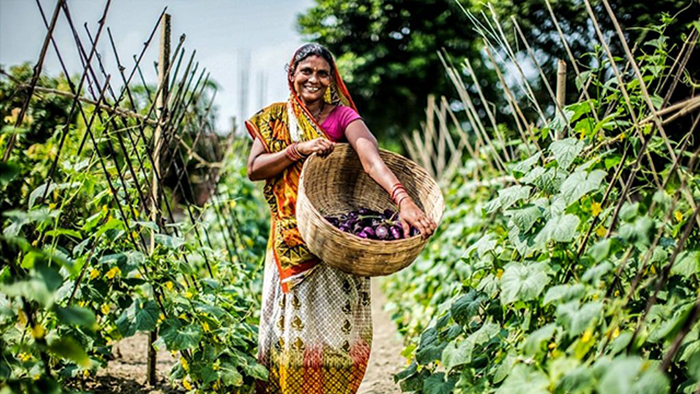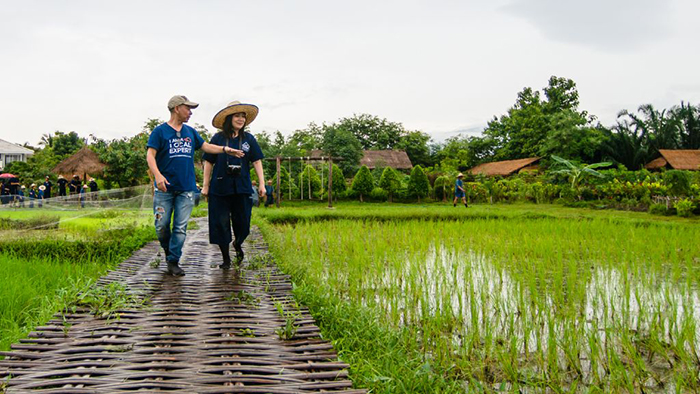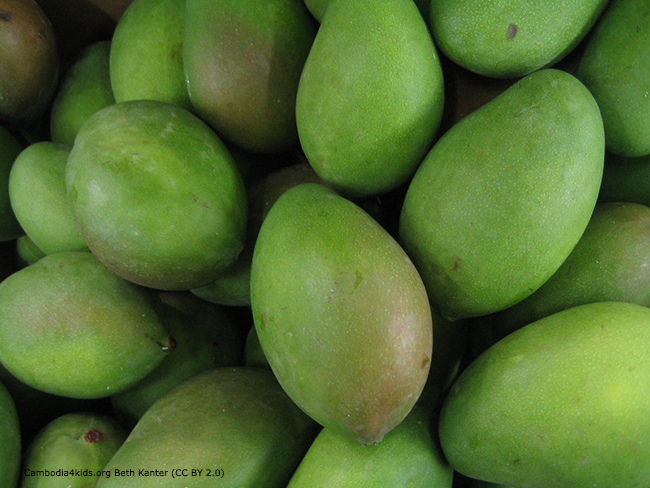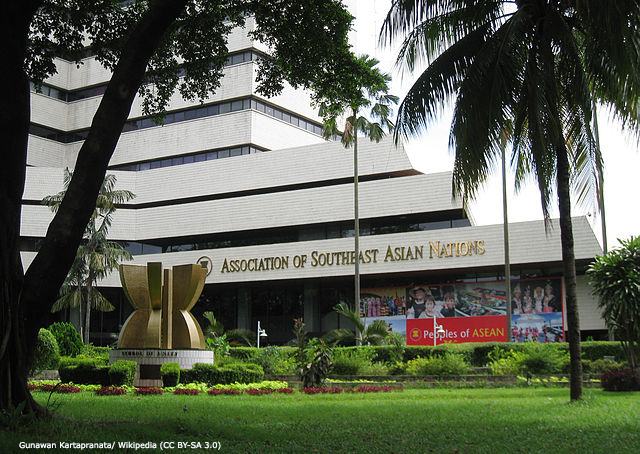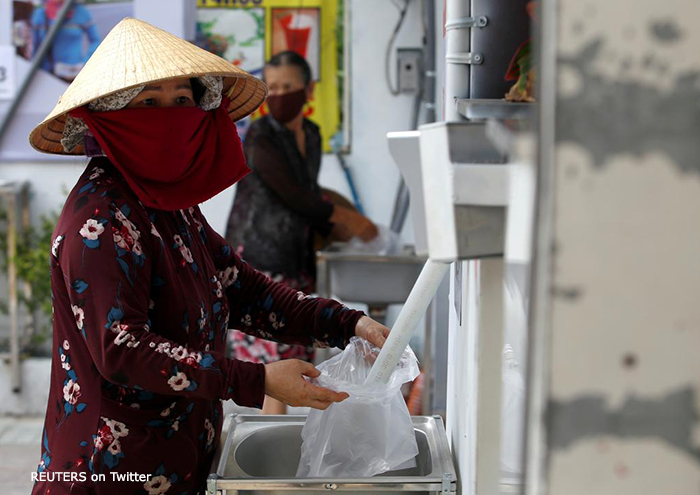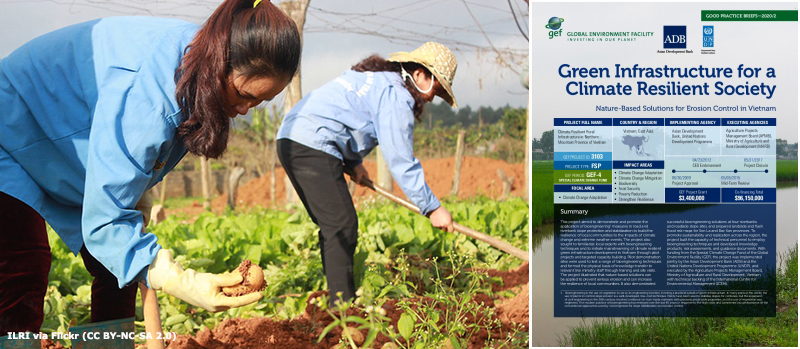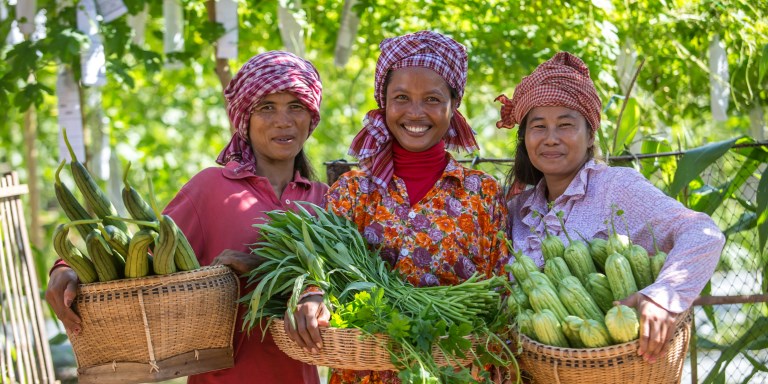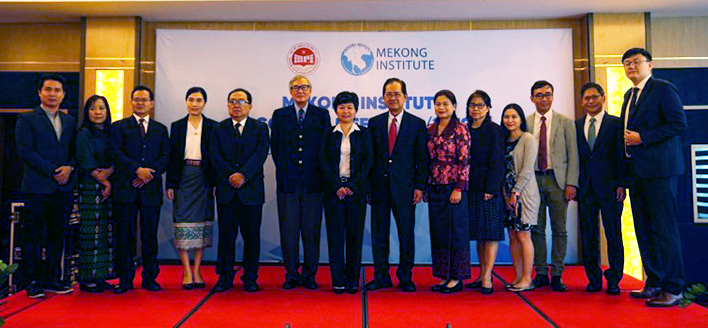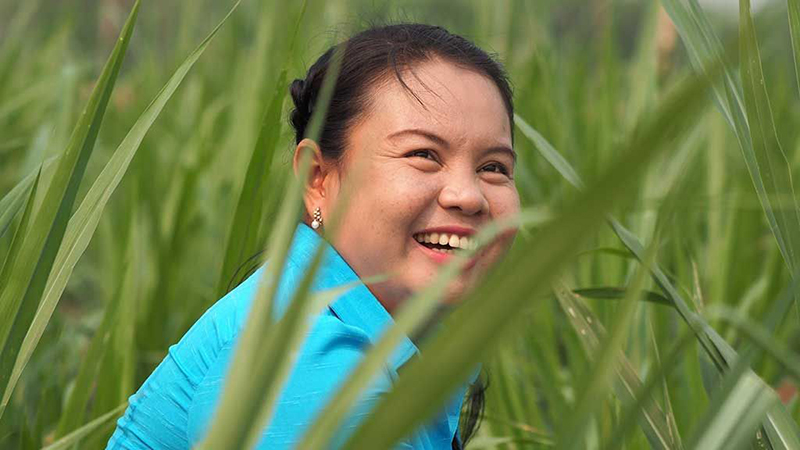6 Ways to Jumpstart a Green Recovery from COVID-19
In the popular imagination, the coronavirus disease (COVID-19) pandemic has been a boon for the natural world. With more than a third of the global population under some level of lockdown, we’ve delighted to see skies burst back into blueness and wild animals venturing into urban neighborhoods. It’s been easy to convince ourselves that wildlife and the environment have flourished. The truth, however, isn’t so reassuring. The pandemic has created an increase in poaching, animal trafficking, illegal fishing and other environmental crimes.

